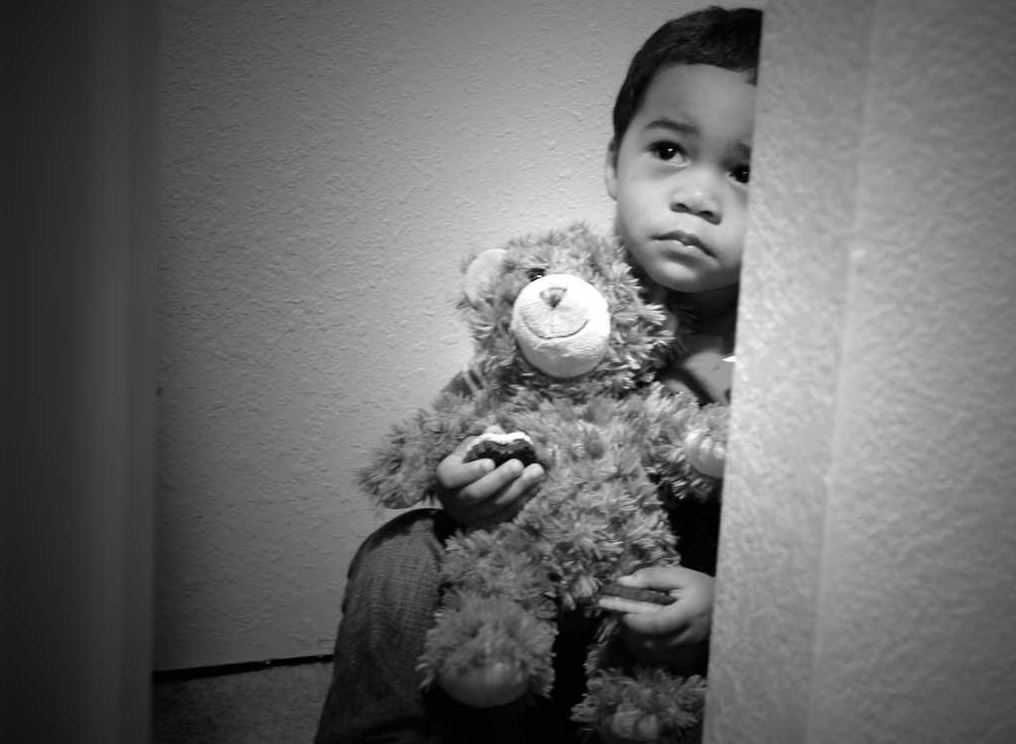“Parents should not make empty threats to their kids.”
You would be hard pressed to find anyone who will disagree with that statement. Parenting philosophies across the spectrum agree that empty threats are a bad idea.
Given that consensus, it’s astonishing how often parents resort to empty threats. In fact, they are probably the most common parenting mistake today. Virtually everyone makes them, and some are ridiculous and almost abusive:
“If you don’t go to sleep right now, you will regret it for the rest of your life.”
Or:
“If you guys don’t quiet down, I’m going to start chopping off heads.”
But there are also genteel versions that are more common:
“If you don’t get in the car right now, we’re going to leave without you.”
And:
“Clean up your toys or I’m going to throw them in the trash.”
A parent renders any threat empty when they fail to carry it out. Imagine a father has sons ages two and four who are fighting. The father tells them to stop and that the next boy who hits will go into a timeout. That means that if one boy does hit the other, the father should drop everything and put the offender in timeout. Sadly, in many instances, that does not happen. The threat was empty.
I’ve lost count of how often I’ve witnessed parents threaten a perfectly reasonable punishment for misbehavior and then fail to make good on their words. I’m guilty of doing this myself. This is likely because disciplining children is one of the hardest parts of parenting. But it’s also one of the most important.
So why do parents often make empty threats?
My theory is that it’s laziness. All new parents quickly learn that discipline is tougher on them than on the child. For starters, parents must interrupt their day to get up and do something that will make their child upset. They then have to listen to the child cry and wail – possibly for an extended period.
Then there’s the possibility that the parent will substitute a bout of angry shouting for the punishment they’ve threatened. I’ve witnessed that a lot, too, and it’s probably the worst possible outcome. Angry shouting has a lot more to do with letting the parent vent their frustration than with correcting the child’s behavior.
When a parent does anything other than what they said they would, they’ve failed at their job. My three-year-old might genuinely believe that if she doesn’t get in the car right away, I will leave without her. (Though why would I ever want to scare her like that?) However, as she gets older she’ll figure out that I don’t mean it. That diminishes my authority in her eyes. She’ll be more inclined to disobey me in other situations. If she’s feeling particularly defiant someday, she might even call my bluff.
A good way to avoid empty threats is to decide in advance how to discipline the child for various gradations of misbehavior. That may sound extreme, but the reality is that all children misbehave sometimes. It’s a question of when, not if. The parents’ own values and their understanding of their child’s character will guide them. Both parents should be in agreement about what kind of discipline is appropriate. But the primary consideration is choosing a form of discipline that is both fair and achievable for the family. Parents can read books about child development and decide they want to follow some fancy system of discipline. But if they’re not able to actually carry it out when the need arises, that form of discipline is worthless.
Disciplining children is hard. There’s no way around that. Empty threats seem like an easy way out when a kid is misbehaving. That’s why virtually all parents make them at times. But they backfire pretty quickly. A child needs to know that when their parents say something, they mean it.
—
[Image Credit: U.S. Air Force photo illustration/Steve White]
















Leave a Comment
Your email address will not be published. Required fields are marked with *